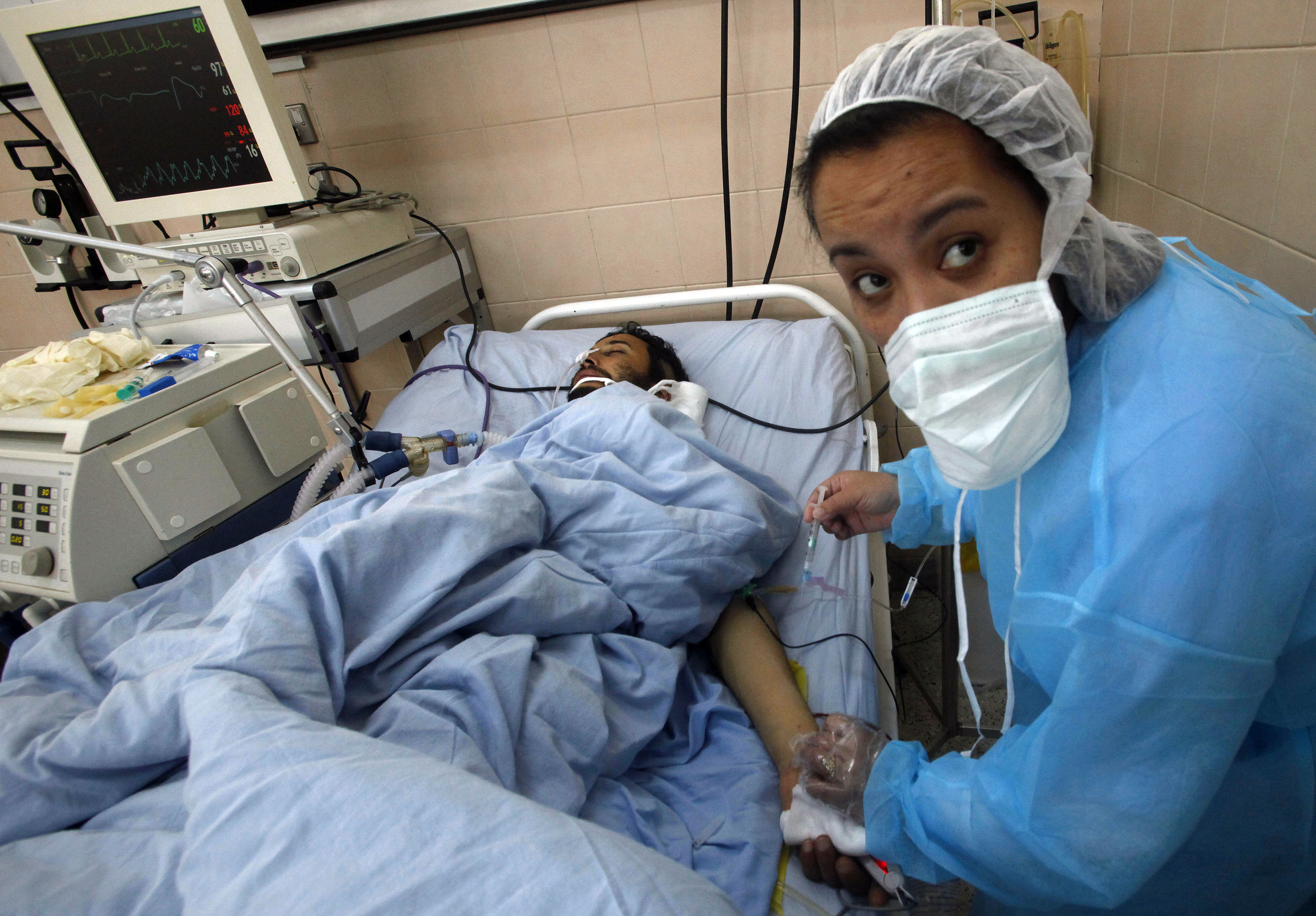Libyan prisoners get Red Cross visits
The Libyan rebels are holding “hundreds” of prisoners, including a number of foreign nationals, the International Committee of the Red Cross (ICRC) said on Monday.
An ICRC spokesman in Tripoli told the Reuters news agency that the foreigners came from sub-Saharan Africa and the Maghreb, but gave no further details.
A spokesman in Geneva said the organisation had visited between 75 and 100 prisoners last week, and that “constructive” discussions were underway to increase the number of visits.
The ICRC does not give details of the conditions in which prisoners are being held. However, it said it had been allowed to bring medical help to those needing it.
Libyan leader Moammar Gaddafi, whose 42 year-old regime is on the brink of collapse, is known to have recruited soldiers from several countries on Libya’s southern borders.
The rebels have also accused Algeria of supplying mercenaries to prop up Gaddafi’s rule.
An official of the rebel’s political leadership, the National Transitional Council (TNC) said the prisoners being held included 17 Croats.
On Saturday reporters saw the rotting bodies of 22 men of sub-Saharan origin on a beach in Tripoli, and were told they were mercenaries who had been shot when they refused to surrender.
Before the uprising started in February, Libya officially had a million foreign workers, although the real number was thought to be much higher. Many of them came from sub-Saharan Africa. Some who escaped across the border after the uprising broke out said Gaddafi’s forces were rounding up black African migrants to make them fight against the rebels; others lived in fear that the local population would presume them to be mercenaries and take revenge.
The TNC has told its supporters to treat prisoners with dignity after reports that some Gaddafi followers had been found shot with their hands tied behind their backs.

In compliance with the JTI standards
More: SWI swissinfo.ch certified by the Journalism Trust Initiative




You can find an overview of ongoing debates with our journalists here . Please join us!
If you want to start a conversation about a topic raised in this article or want to report factual errors, email us at english@swissinfo.ch.